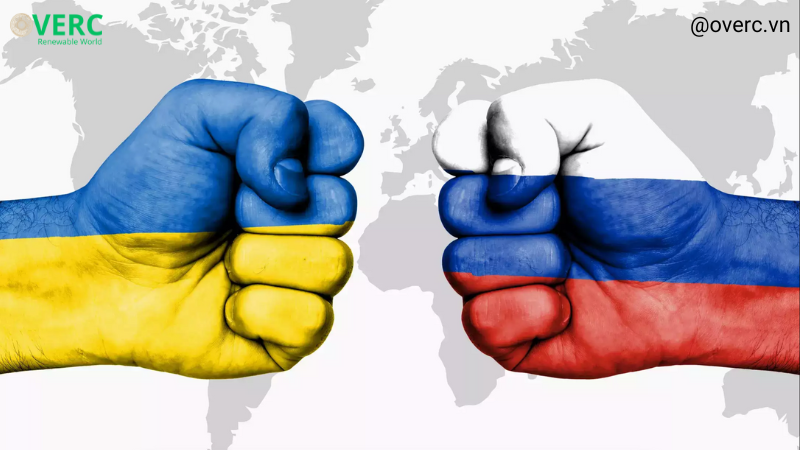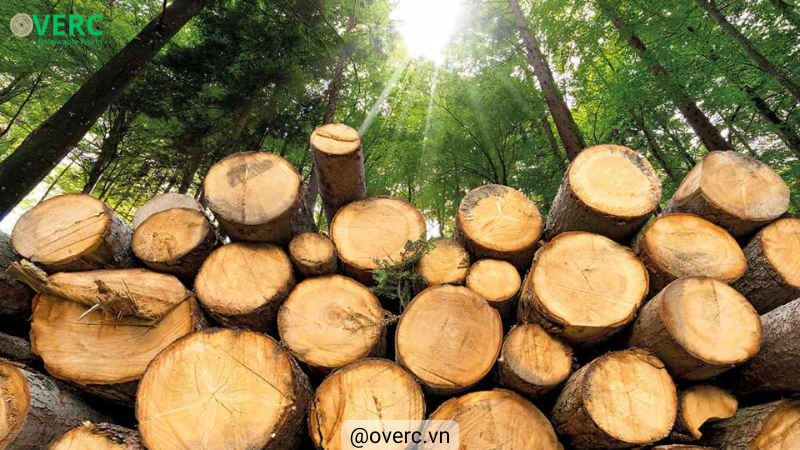
In recent months, the conflict between Russia and Ukraine has had a significant impact on the global biomass market. As two of the world’s leading biomass suppliers, the disruption in this region has created both new challenges and opportunities for businesses in this industry.
Impact on Biomass Supply
Russia and Ukraine play a crucial role in supplying biomass products, particularly woodchips, to the global market. Data from the European Commission shows that in 2021, Russia supplied around 7.5 million tonnes of woodchips, accounting for 15% of the total woodchips imported into the European Union. Ukraine is also a significant supplier, exporting around 2 million tonnes of woodchips in the same year.
However, since the conflict erupted in February 2022, the supply of biomass from these two countries has been severely disrupted. Production and transportation activities have been affected, leading to a shortage of supply in the global market. This has created significant challenges for power plants and manufacturers that rely on biomass as a feedstock.
Price Increases and Industry Impacts
With the supply disruption, the prices of biomass products, particularly woodchips, have increased substantially. According to data from Eurostat, the European Union’s statistical office, the price of imported woodchips into the EU rose by around 40% between February and September 2022.
The shortage and high prices have severely impacted industries that depend on biomass supplies, including power plants, paper and pulp manufacturers. Many businesses have faced challenges such as increased production costs, reduced profits, and even temporary shutdowns.
Seeking Alternative Supplies

In the face of these challenges, businesses in the biomass industry are actively seeking alternative supplies to compensate for the shortfall from Russia and Ukraine. Other markets such as North America, Northern Europe, and some Asian countries have become more important sources of biomass supply.
However, switching to new suppliers is not a straightforward process either. Businesses face challenges such as high transportation costs, longer delivery times, and uncertainties in product quality. This requires companies to readjust their supply chains and invest further in risk management measures.
Future Opportunities and Challenges
While the Russia-Ukraine conflict shows no signs of ending, the global biomass market will continue to face volatility and challenges. However, the current difficulties also present opportunities for businesses in this industry.
Companies can look to diversify their supply sources, strengthen international cooperation, and invest in new technologies to improve production efficiency. Additionally, the growing focus on renewable energy sources like biomass could also open up new opportunities for the industry in the future.
In conclusion, the Russia-Ukraine conflict has significantly impacted the global biomass market, presenting businesses with numerous challenges. However, these challenges also bring opportunities for companies in the industry to seek more innovative and sustainable solutions, contributing to the future growth of the biomass industry.
Source:
Biomass Magazine
Overc Team synthesize, analyze and write articles.
***
OVERC was established in Vietnam, which has 17 FTA (Free Trade Agreement).
Vietnam is one of the countries with the most FTAs in the world.
Our main activities are manufacturing and distributing Wood Pellets and Wood Waste. Our wood pellets products, which are made from Accacia veneer residual 100% or wood waste (logs, sawdust, wood chips, wood shavings,…), have been exported to many countries around the world such as Japan, Korea, EU, etc.
OVERC Co.,Ltd would like to wish you all the best at this time.
For more information on our products, please visit our website at OVERC.VN – Renewable World.